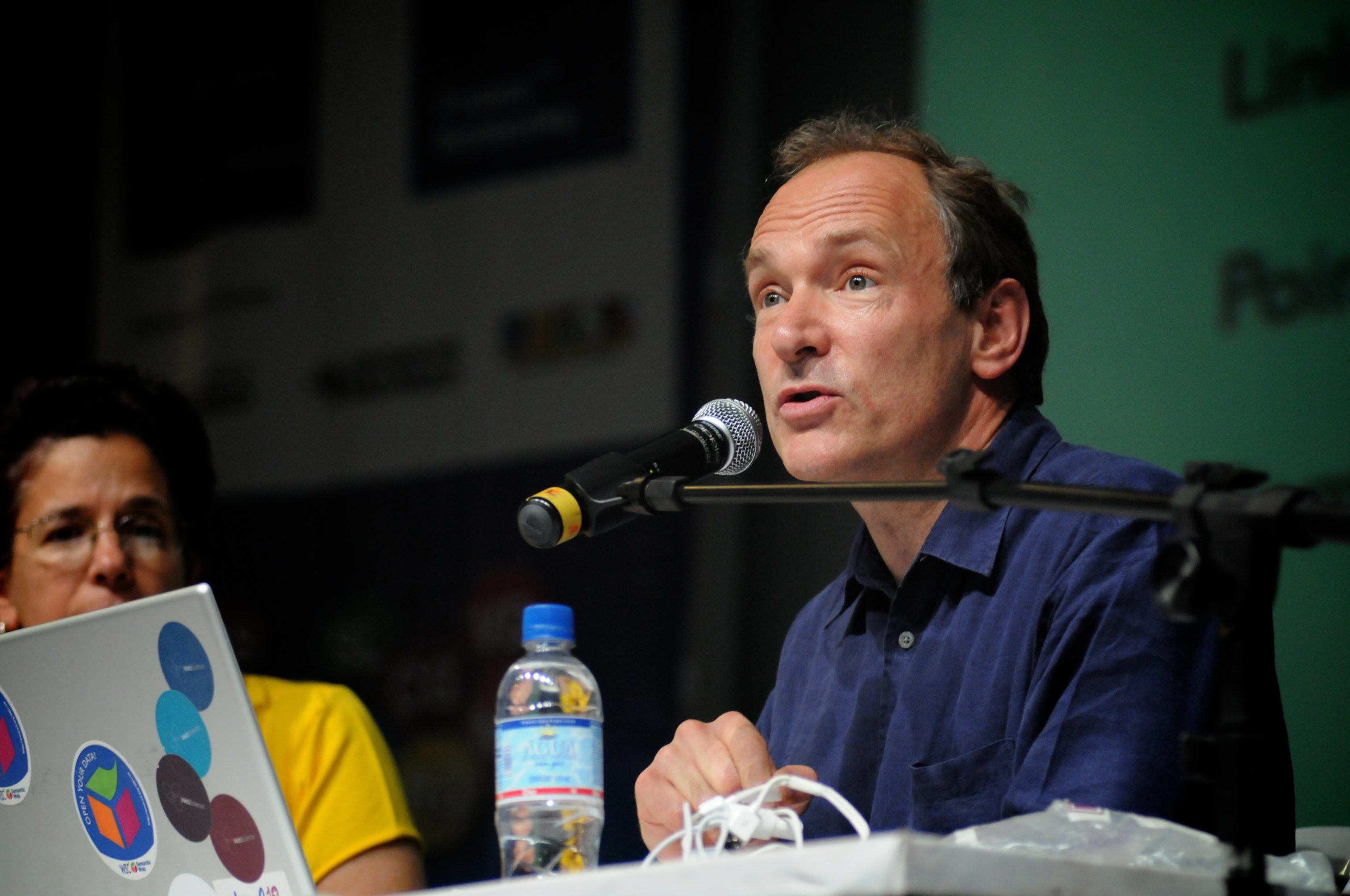We live in a time where online social networks and the higher educational systems are facing major challenges. In both cases, they are facing major new political and regulatory pressures.
The global social media giants are being regularly criticised in the press for data breaches, fake news, and a number of other perceived social ‘ills’. Even advocates of the Web, such as Tim Berners-Lee is publicly stating that these corporate giants have too much power, and this is potentially distorting the Web.
Most recently, the publicity around Cambridge Analytics use of Facebook data, has further reduced public trust in social networks, and both companies are facing class actions.

“In recent years, we’ve seen conspiracy theories trend on social media platforms, fake Twitter and Facebook accounts stoke social tensions, external actors interfere in elections, and criminals steal troves of personal data…These problems have proliferated because of the concentration of power in the hands of a few platforms – including Facebook, Google, and Twitter – which “control which ideas and opinions are seen and shared…Although the companies are aware of the problems and have made efforts to fix them – developing systems to tackle fake new, bots and influence operating – they have been built to “maximise profit more than maximise social good….A legal or regulatory framework that accounts for social objectives may help ease those tensions” Tim Berners-Lee quoted by Solon (2018).

By Silvio Tanaka – originally posted to Flickr as Tim Berners-Lee, CC BY 2.0, https://commons.wikimedia.org/w/index.php?curid=6560838
Such regulation is being developed in a number of countries, including at EU level. In the UK, Theresa May has also committed to greater regulation of platforms.
Regulation of the Web
Social networks are increasingly going to need to wear ‘corporate social responsibility’ on their sleeves and demonstrate to their users (and regulators) that they are transparent and fair (rather than manipulative) in their dealings.
Some have already started to publicise this work in the run up to the implementation of the new EU data protection regulation, which will require greater transparency and protection for consumers of online/digital services.
This new EU regulation seek to address intentionally unintelligible online contract information, as well as data breaches, and to enact privacy by design. This requires inclusion of data protection from the onset of the designing of systems, rather than an addition. The new regulation will make the collection, processing and use of data far more resource intensive. Serious breaches will also be made visible and result in very large fines for companies.
As the legal communities (and users) become more aware of the potential to bring cases against companies for data breaches, it is likely that social media companies will become more risk aware and take further measures to adhere to regulatory requirements.
Alongside the regulatory changes, research is revealing that web users find highly targeted personal advertising ‘creepy’ (Ithaca College, 2015).
Such developments potentially threatens the model that many web services have been making their money – by getting web users to part with personal data (for very limited incentives) and then selling this data on to enable the creation of personal profiles and therefore the targeting of adverts at individual web users. New models for web social enterprise need to be developed to meet these challenges.
Digital businesses are also facing changes in tax legislation, which will require such businesses to review their business models and strategies. For example, it has been reported that the European Commission wants to tax large digital companies’ revenues based on where their users are located rather than where they are headquartered at a common rate between 1 and 5 percent. Digital business is also being drawn into trade wars, with the USA currently considering imposing tariffs on technology from China.
Regulation of Higher Education
As the ‘Web’ faces new regulatory changes, so do higher education institutions. Government is putting increasing on universities to perform from the perspective of students. The Office for Students is being created as a new regulatory body, and the Government is trialling frameworks for improving the collection of university performance data. This includes plans to publish clear information outcomes for students at university, including drop-out rates and career progression (Busby, 2018). Southampton was awarded a bronze rating in the Government pilots for this new system – called the Teaching Excellence Framework. Scores were based on statistics including dropout rates, student satisfaction and graduate employment rates.
So the University has a particular interest in increasing activity to improve student satisfaction in the University, and has already appealed against the bronze rating.
The student population is changing, with an increasingly number of international students entering UK Universities, but these students have access to an international market. The UK must present transparent evidence of the benefits of attending a UK university, or increasingly they may choose to study elsewhere.
Young academics also face a different university environment than their predecessors, with an increasing number employed on contract. They have to constantly prove their academic worth, including through publications and citations. Many academics now use academic social network sites to collect together and disseminate their publications, but these are under regulatory threat, as academic publishers have begun to bring legal challenges against them.
By Nina Schuller
References
Busby, E (2018) University degree courses to be ranked in ‘MoneySuperMarket’ style system, minister says. The Independent. 12 March. Available at https://www.independent.co.uk/news/education/education-news/degree-courses-university-students-rankings-teaching-excellence-framework-sam-gyimah-a8251866.html (Accessed on the 18 March 2018)
Eugdpr.org (2018) ‘GDPR Key Changes’. Eugdpr.org. Available at https://www.eugdpr.org/key-changes.html (Accessed on the 18 March 2018)
Hill, D (2017) ‘Southampton awarded lowest possible score under new teaching excellence framework’. The Tab. .23 June. Available from https://thetab.com/uk/soton/2017/06/23/southampton-awarded-lowest-possible-score-new-teaching-excellence-framework-69011 (Accessed 18 March 2018)
Guarascio, F (2018) EU plans new tax for tech giants up to 5 percent of gross revenues. Reuters. 26 Februrary. Available at https://uk.reuters.com/article/uk-eu-tax-digital/eu-plans-new-tax-for-tech-giants-up-to-5-percent-of-gross-revenues-idUKKCN1GA25X (Accessed on 4 April 2018)
Ithaca College (2015). “Online creep: Targeted ads may have opposite effect of marketers’ intent.” ScienceDaily. ScienceDaily, 8 April Available at https://www.sciencedaily.com/releases/2015/04/150408171201.htm (Accessed 18 March 2018)
Solon, O (2018) ‘Tim Berners-Lee: we must regulate tech firms to prevent ‘weaponised’ web’. The Guardian. 12 March. Available at https://www.theguardian.com/technology/2018/mar/11/tim-berners-lee-tech-companies-regulations (Accessed on the 18 March 2018)
Ukcisa (2018) International student statistics: UK higher education. UKcisa. Available from https://www.ukcisa.org.uk/Research–Policy/Statistics/International-student-statistics-UK-higher-education (Accessed on 18 March 2018).
